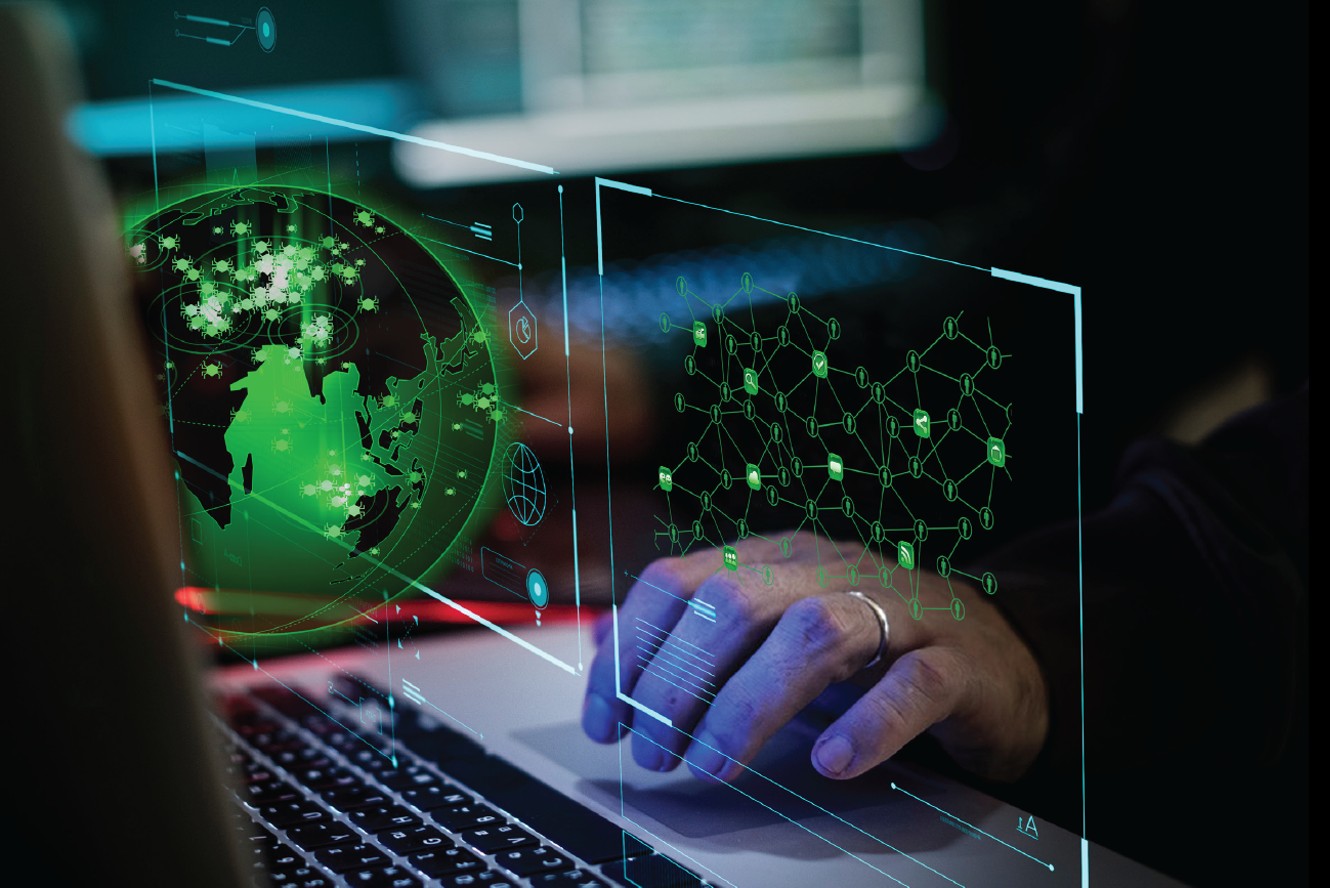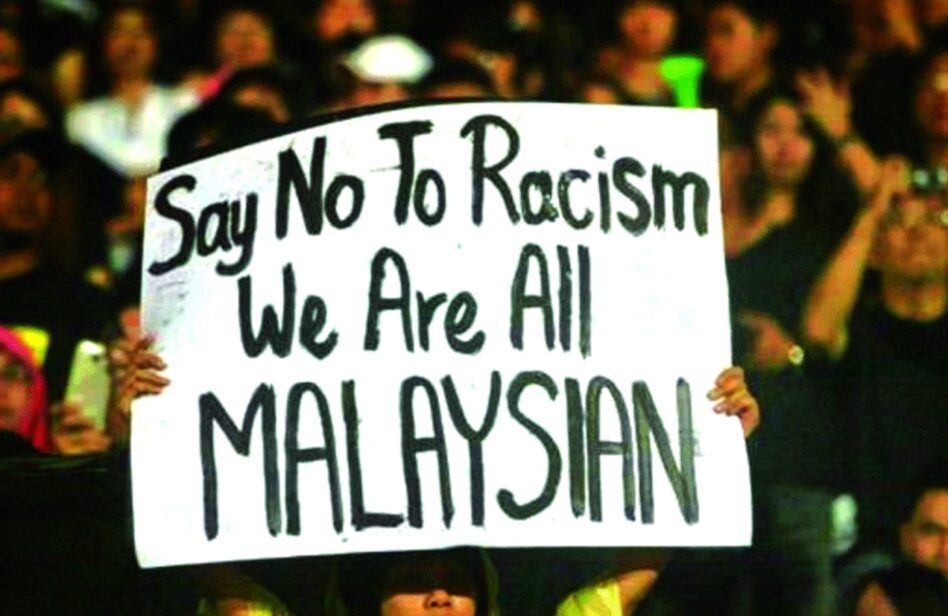
COGNITIVE warfare is a developing concept that aims to manipulate and disrupt human thought processes to secure an advantage over opponents.
It employs psychological operations, information distortion, and behavioural conditioning to influence public perception and decision-making.
In the context of Malaysia, a society characterised by its multicultural and multi-religious composition, cognitive warfare offers a potential avenue for law enforcement agencies to tackle issues related to racial and religious discord.
By effectively implementing cognitive warfare strategies, these agencies can reduce conflicts, combat misinformation, and promote national cohesion.
Understanding cognitive warfare
Cognitive warfare functions by leveraging cognitive biases, swaying emotions, and molding thought processes. It includes tactics such as misinformation, psychological operations, propaganda, and behavioural psychology to influence both individual and group cognition.
The growing dependence on digital platforms and social media has intensified the effects of cognitive warfare, rendering societies more vulnerable to manipulative influence campaigns.
In Malaysia, characterised by its rich ethnic and religious diversity, there have been significant challenges stemming from racial and religious discord.
Misinformation, political discourse, and narratives propagated through social media frequently exacerbate misunderstandings, resulting in societal fragmentation.
Cognitive warfare offers a strategic framework for law enforcement agencies to address these issues by implementing targeted communication strategies, psychological interventions, and controlling narratives.

The role of Malaysian enforcement agencies
Malaysian enforcement agencies, including the Royal Malaysia Police (PDRM), Malaysian Communications and Multimedia Commission (MCMC), and National Security Council (NSC) can leverage cognitive warfare strategies to tackle race and religion issues effectively.
Several key approaches can be employed:
Countering misinformation and hate speech
Social media platforms serve as a breeding ground for misinformation, fake news, and hate speech. Malaysian enforcement agencies can deploy artificial intelligence (AI) and data analytics to detect and counter false narratives that incite racial and religious hatred.
Collaborations with social media companies can facilitate the removal of harmful content while promoting verified information to shape public discourse positively.
Psychological profiling and early intervention
Personology and profiling serve as tools for recognising individuals who may be vulnerable to extremist ideologies.
The APA Dictionary of Psychology defines “personology” as the comprehensive study of personality, grounded in the premise that an individual’s behaviours, thoughts, emotions, and social interactions can only be comprehended by considering the person as a whole.
By examining the psychological characteristics linked to radicalisation, law enforcement agencies can establish early intervention initiatives aimed at guiding at-risk individuals toward positive contributions within society.
Collaboration among educational institutions, religious organisations, and community groups with law enforcement can promote inclusive narratives and mitigate the risk of extremist indoctrination.
Strategic narrative control
Narrative warfare is a fundamental aspect of cognitive warfare. Malaysian enforcement agencies can craft and disseminate counter-narratives that promote national unity, religious tolerance, and social harmony.
Leveraging influential figures, including religious leaders, celebrities, and educators, can enhance the credibility of these narratives, ensuring they resonate with different segments of society.
Cognitive resilience and public awareness programmes
Strengthening the cognitive resilience of Malaysian citizens is crucial in mitigating the effects of cognitive warfare.
Enforcement agencies can initiate public awareness campaigns that educate individuals on recognising propaganda, misinformation, and psychological manipulation.
Media literacy programs can empower citizens to critically evaluate information and resist divisive narratives.
Community engagement and social integration
Enforcement agencies can work closely with community leaders to bridge racial and religious divides. By fostering dialogue, encouraging interfaith discussions, and organising community-based activities, agencies can cultivate mutual understanding among diverse groups.
Such initiatives can weaken the effectiveness of external cognitive threats that seek to exploit existing societal fault lines.

Cybersecurity and digital monitoring
With the digital space being a primary battleground for cognitive warfare, robust cybersecurity measures are essential.
Malaysian enforcement agencies must monitor extremist content, hate speech, and foreign influence operations that attempt to destabilise social cohesion.
Implementing sophisticated data analytics and threat detection mechanisms can help curb online radicalisation and divisive narratives.
Conclusion
Cognitive warfare constitutes a pivotal strategy that Malaysian law enforcement agencies can adopt to address the complex challenges associated with race and religion.
This approach involves several key components, including the active combatting of misinformation, the application of psychological profiling techniques, the development of strategic narratives, and the enhancement of cognitive resilience among the populace.
By effectively implementing these elements, Malaysia has the opportunity to foster a more cohesive and harmonious society, thereby mitigating tensions that may arise from racial and religious differences.
However, it is imperative to uphold ethical standards throughout this process to ensure that the practice of cognitive warfare is in alignment with national interests while concurrently safeguarding democratic principles.
A meticulously designed and balanced approach will enable Malaysia to not only reduce instances of racial and religious conflict but also to promote social stability and enhance national security.
Beside prioritising ethical considerations, law enforcement can navigate the delicate landscape of societal dynamics, ultimately contributing to a more peaceful and integrated community.
R. Paneir Selvam is the principal consultant of Arunachala Research & Consultancy Sdn Bhd, a think tank specialising in strategic national and geo-political matters.
The views expressed are solely of the author and do not necessarily reflect those of MMKtT.
- Focus Malaysia.



No comments:
Post a Comment
Note: Only a member of this blog may post a comment.